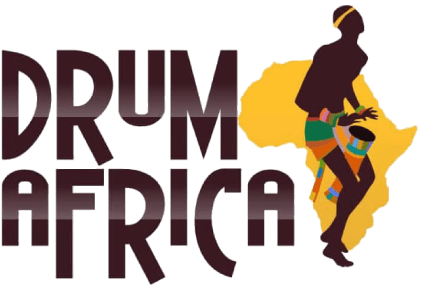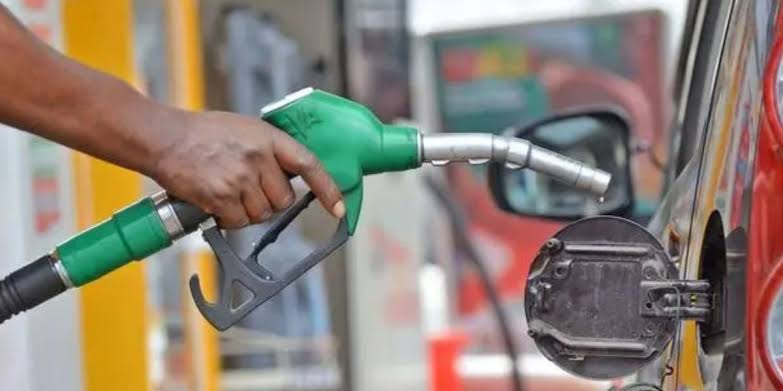Petrol prices in Nigeria have increased to between N1,050 and N1,150 per litre, varying by location. This rise follows price increases by the Dangote Petroleum Refinery and various depot owners.
Dealers say petrol prices will keep rising because crude oil, the main component in fuel production, continues to increase in cost.
Earlier this week, Festus Osifo, the National President of the Petroleum and Natural Gas Senior Staff Association of Nigeria, predicted this price rise. “The crude price rose to $80 per barrel today (Thursday). Without exchange rate improvements, PMS prices will increase in the coming weeks,” Osifo said.
The Dangote Petrochemical Refinery, a $20bn plant, raised its petrol price from N899 to N955 per litre at its loading gantry on Friday. In an email to customers, the refinery announced new pricing tiers: buyers purchasing between two million and 4.99 million litres would pay N955 per litre, while those buying five million litres or more would pay N950 per litre.
This represents a 6.17 per cent increase from the N899.50 per litre holiday discount offered last December. The refinery’s notice, titled ‘Communication on PMS Price Review’, stated these changes took effect from 5:30 pm on Friday.
The price increase has affected the entire fuel supply chain. Private depots, even those with existing stock, have raised their prices to N970 in Lagos and N1,000 in Calabar. Several depots made significant adjustments: Sahara increased to N970 from N950, Pinnacle to N970 from N921, and NIPCO to N980 from N950.
The Independent Petroleum Marketers Association of Nigeria (IPMAN) expects retail prices to reach N1,100 per litre in Lagos and surrounding states, with prices potentially hitting N1,150 in the Federal Capital Territory.
IPMAN’s National Publicity Secretary, Chinedu Ukadike, explained: “Yes, Dangote has increased its price to N955. This is only because of the increase in Brent crude. Once it increases, the domestic production cost will also increase.”
The Petroleum Products Retail Outlet Owners Association of Nigeria says retailers cannot sell at N1,000 per litre as their margins would need to be higher than N45. Their president, Billy Gillis-Harry, notes that while some members will continue selling at N935 per litre under an agreement with MRS Oil, prices will likely exceed N1,000 per litre once this agreement changes.

